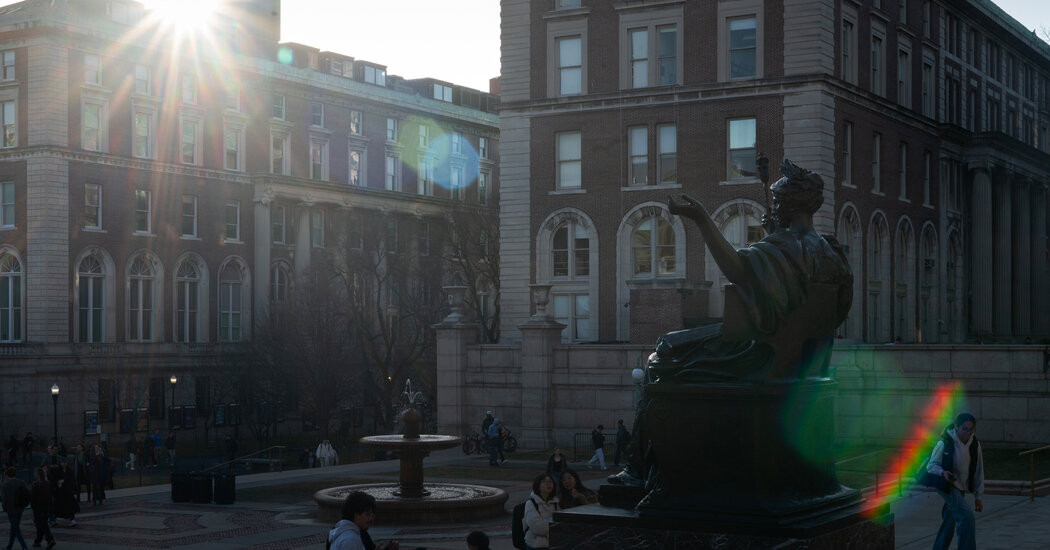

Many of us at Columbia University had lost hope in our struggle with the Trump administration. At the beginning of February, the federal Department of Education announced the school was under investigation. A month later, the Trump administration started canceling the grants and contracts that fund our research labs and medical trials, without producing evidence of wrongdoing. To fend off the White House, Columbia then announced a series of changes, many of which had been long in the works.
Then came the circular firing squad. By mid-April, 2,000 people and more than 75 organizations, most of them faculty groups, had signed onto a boycott of our events, and said they would refuse to work with Columbia scholars, like myself, a vice dean, who hold administrative positions.
It is easy to kick people when they are down. I’m a historian, and two of my government grants, which funded a program to help archivists and scholars maintain records that would otherwise be lost to history, have just been canceled.
Columbia has collectively trained thousands of professors and research scientists, including some of the people now refusing to associate with us. Where were these petition signers when we needed help defending First Amendment rights and our vulnerable students and staff members? Why did they not call on leaders of educational institutions to demand that the Trump administration stop overriding the rule of law? Only a handful of university leaders chose to speak out, notably Wesleyan’s president, Michael Roth, out of some 4,000 American colleges and universities.
One of the main organizers of the boycott, the City University of New York anthropologist Gary Wilder, has struggled to explain this strange form of solidarity. He says he took it upon himself to act even though “Columbia faculty are exhausted, besieged, demoralized and threatened.” It is true that we are besieged and threatened. It is also true that Columbia professors and students have been calling on others to stand with us.